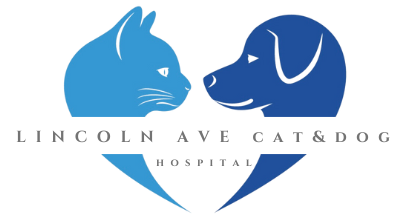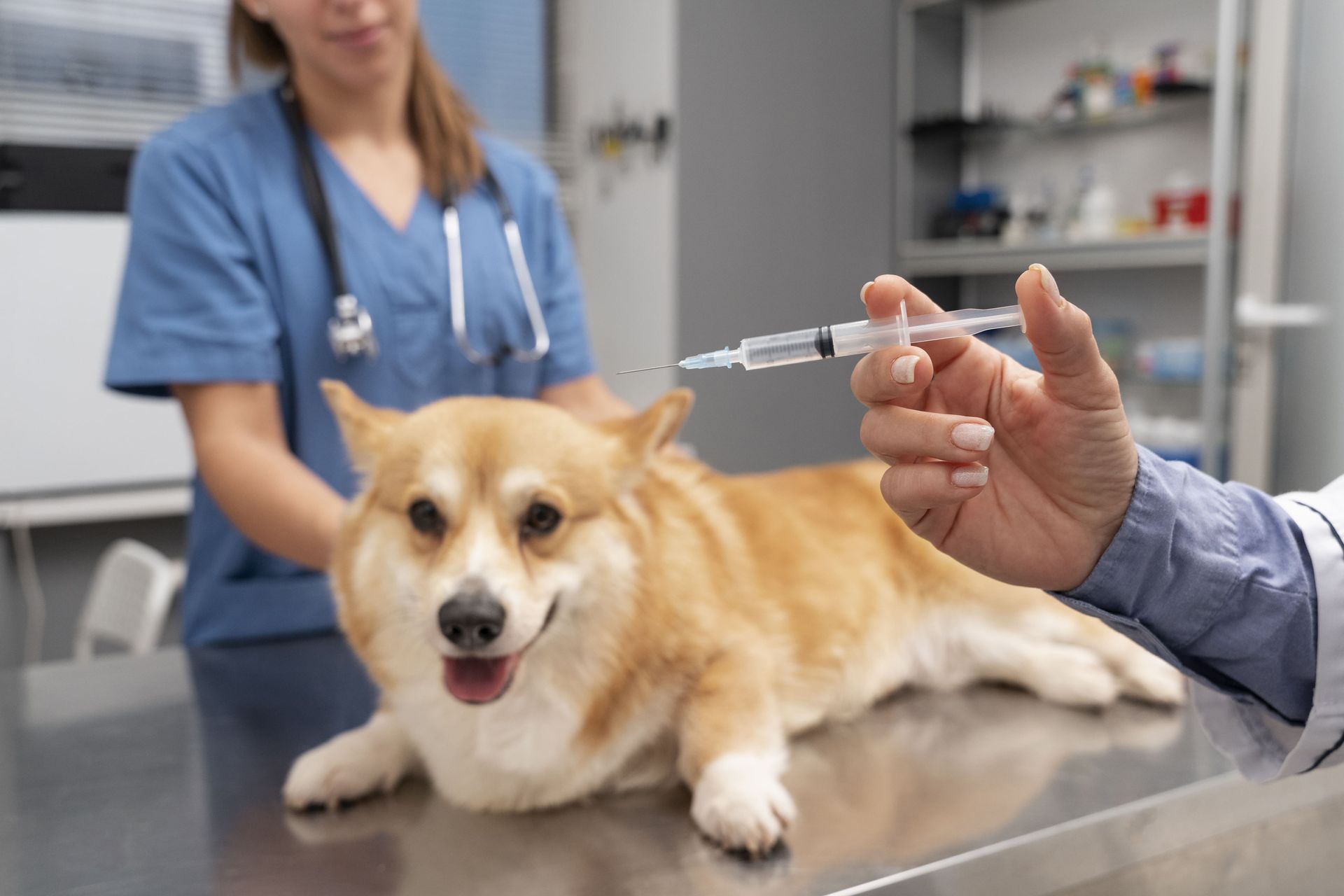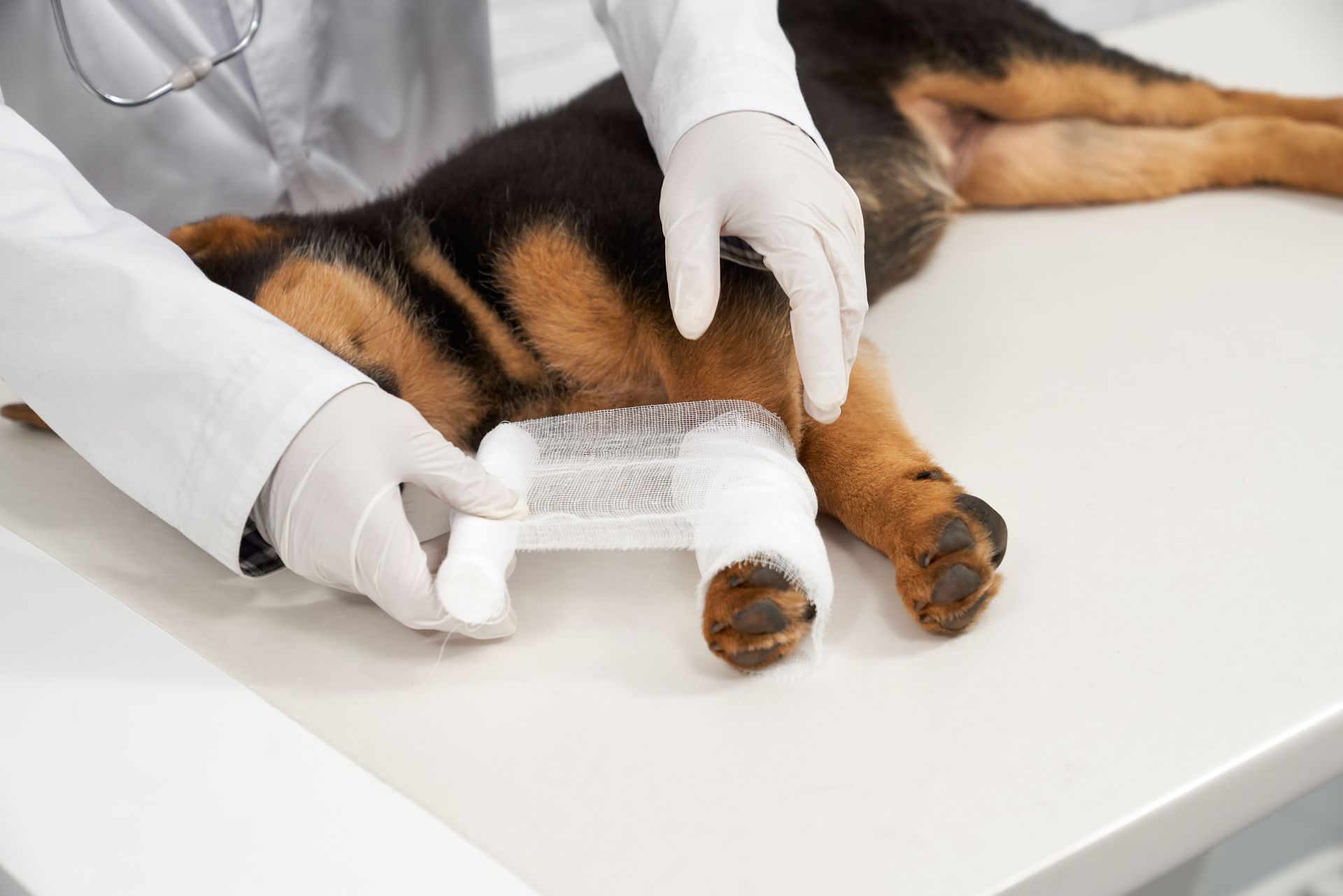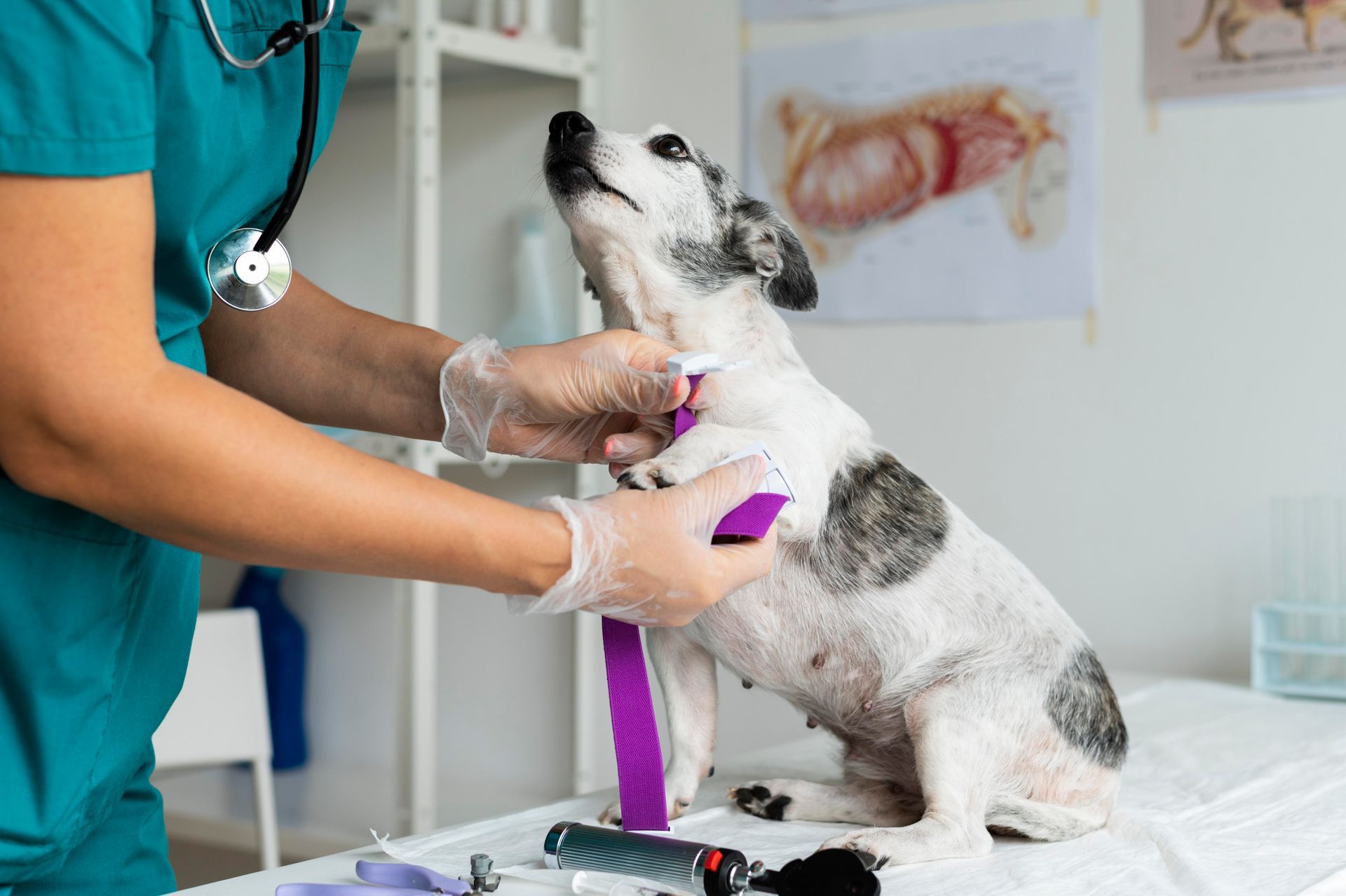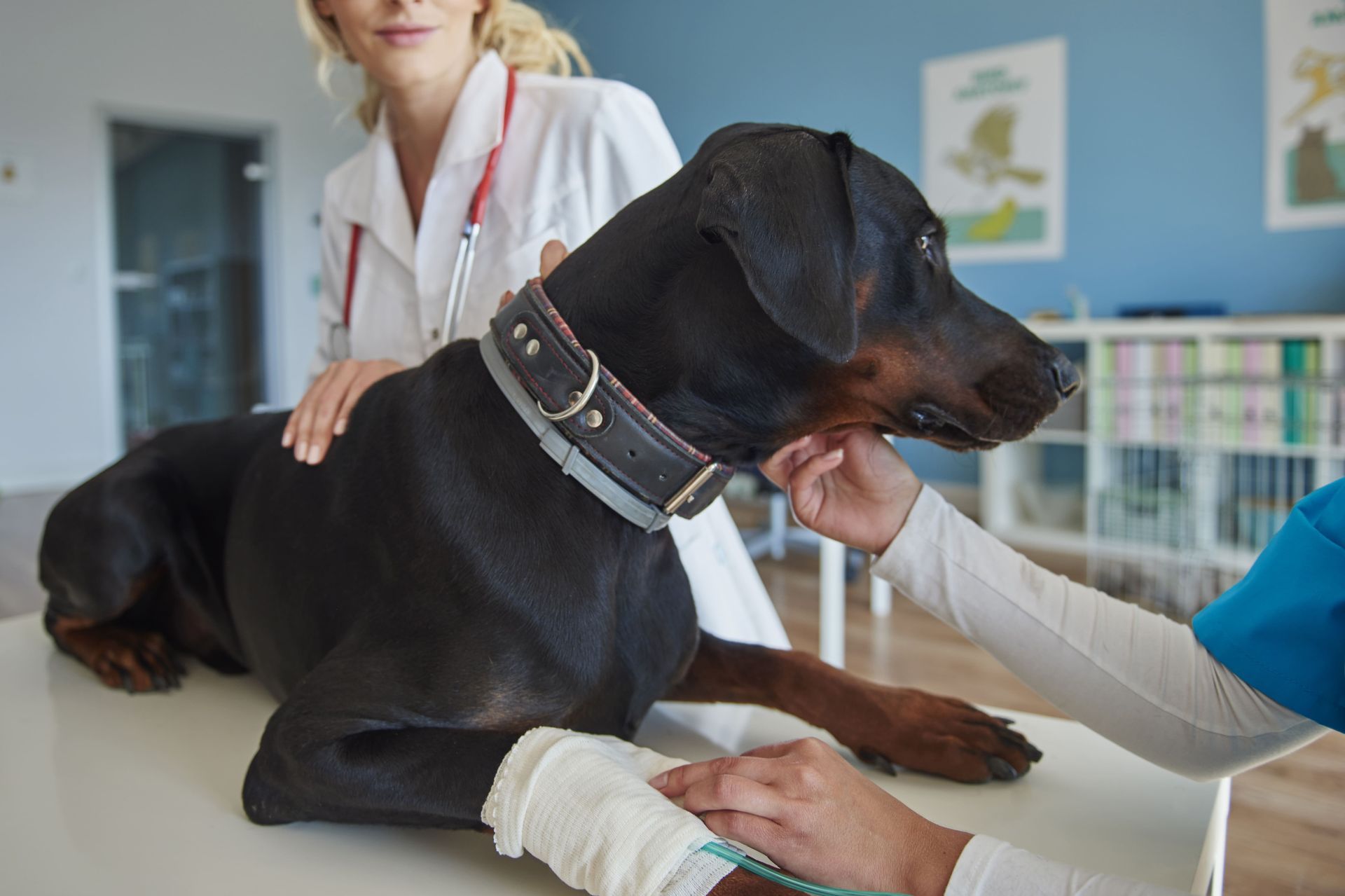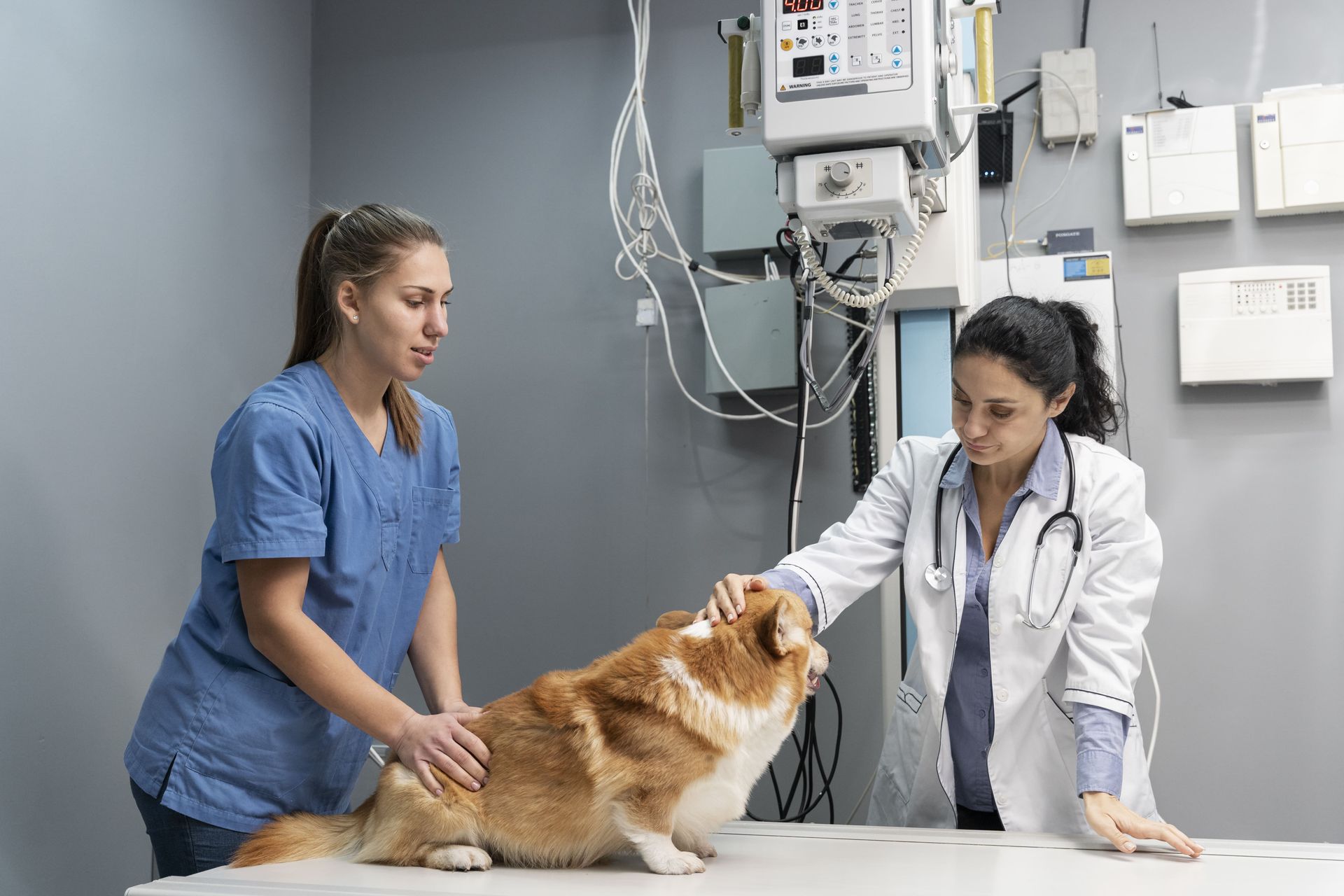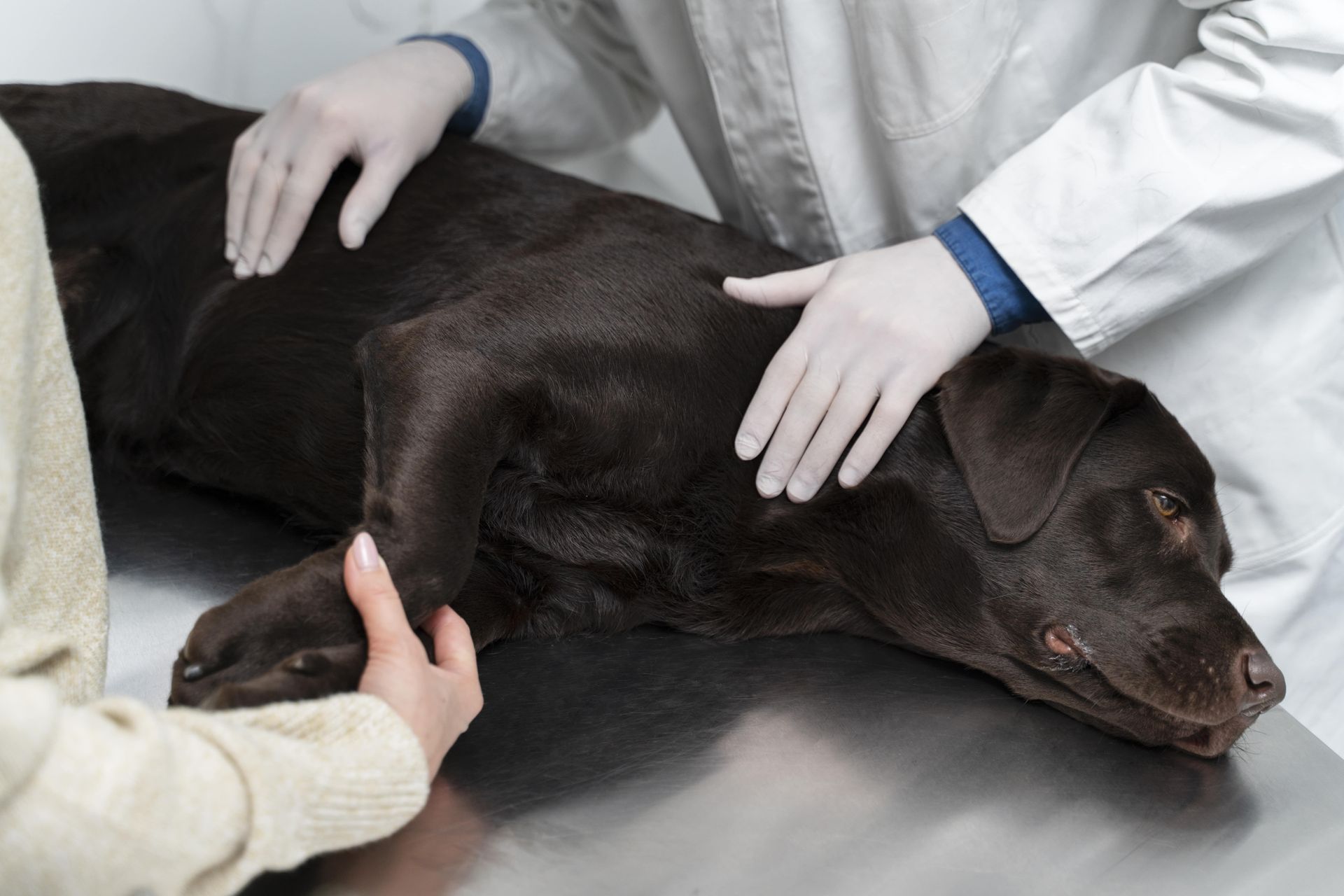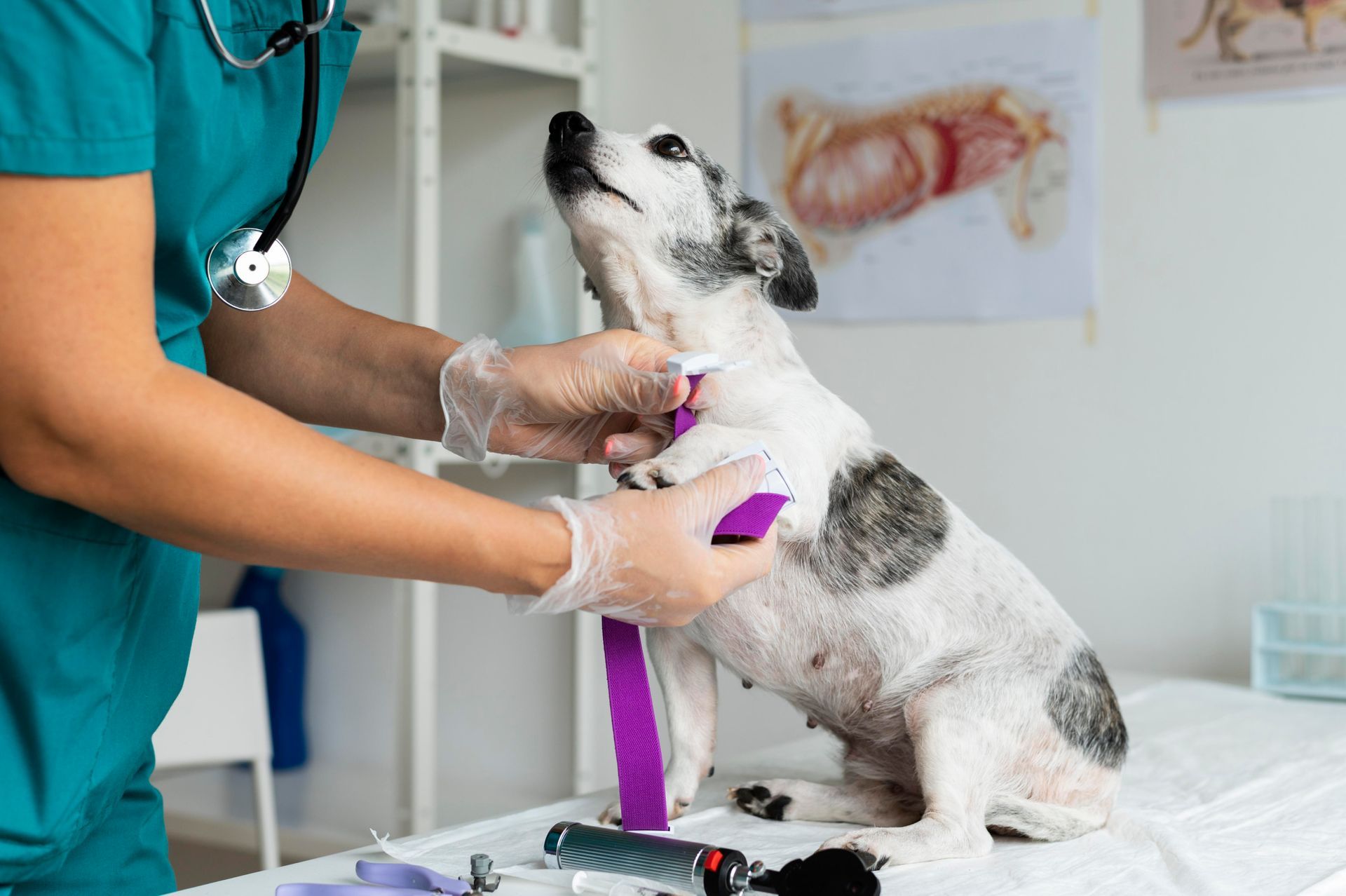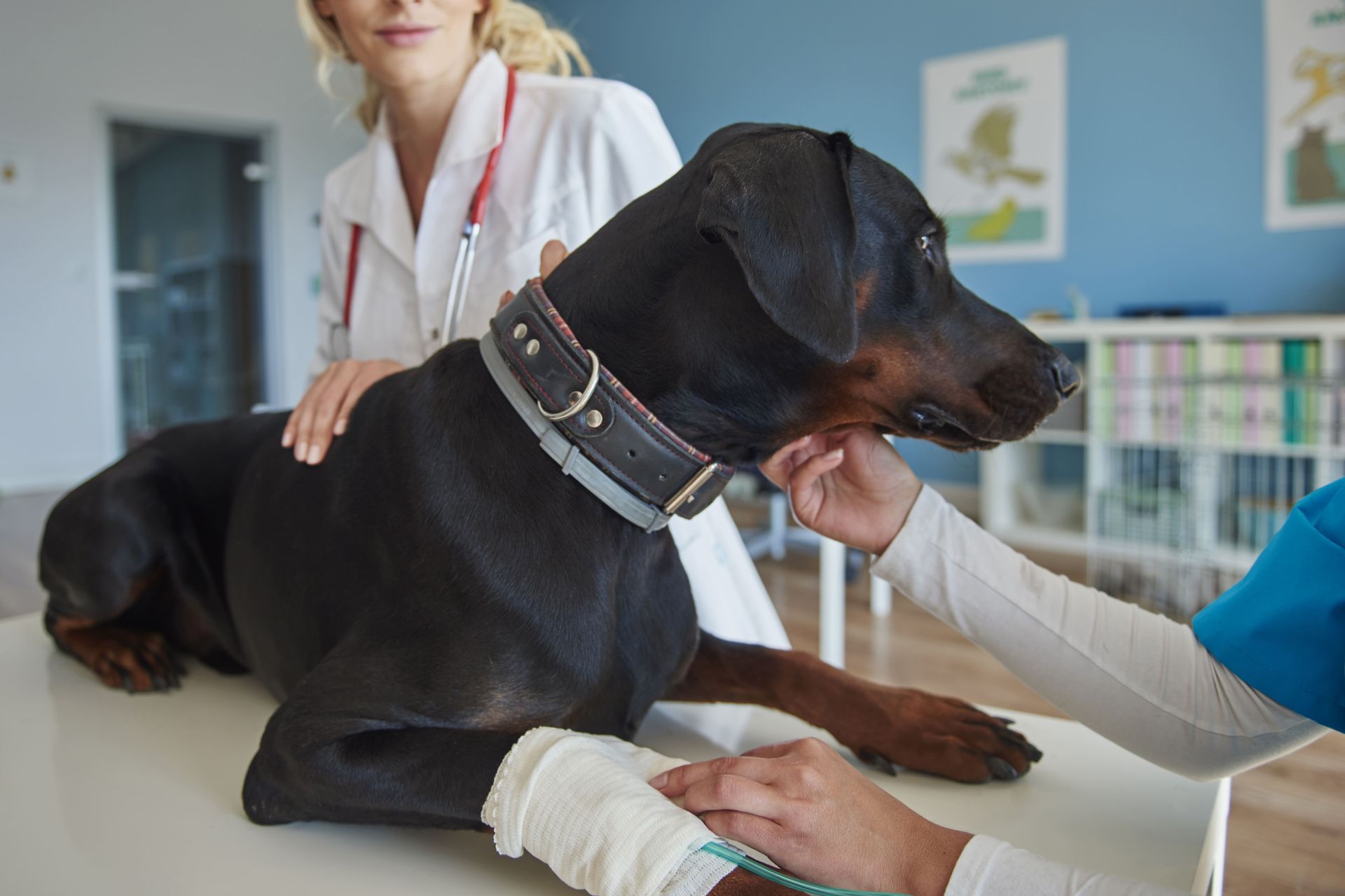Why Regular Visits to a Cat Vet Are Vital for Your Feline's Health?
As a loving cat owner, ensuring your feline friend is in tip-top shape is a priority. While cats are known for their independent nature, they still require regular health check-ups to lead a happy, healthy life. Regular visits to a cat vet can not only prevent potential health issues but also improve your pet's overall well-being.
The Importance of Regular Vet Visits
Regular vet visits are essential to catching health problems early. Just like humans, cats benefit from preventive care that can address potential problems before they become serious. By scheduling annual or bi-annual visits, you are providing your cat the opportunity to receive comprehensive evaluations and timely interventions.
This consistent attention helps in detecting health issues related to aging, such as dental diseases, which are often overlooked. With professional check-ups, your cat vet can offer solutions for weight management, nutrition plans, and behavioral problems. Moreover, they can inform you about emerging risks specific to your cat's breed.
Regular visits to a cat vet also allow you to stay informed about the latest in feline healthcare and safe practices to adopt, making you an informed and proactive pet owner. Remember, a healthy cat is a happy cat—and preventive care is key.
What to Expect During a Cat Vet Check-Up
When you take your feline companion to the cat vet, a check-up is more than just a routine glance it’s a comprehensive health evaluation. Here’s what typically happens during the visit:
1. Full Physical Examination
The vet checks your cat’s overall body condition—looking at posture, mobility, coat quality, hydration, and more.
2. Weight & Body Condition Assessment
Your cat’s weight is tracked to detect obesity or weight loss, both of which can signal underlying problems.
3. Heart & Lung Evaluation
Using a stethoscope, the vet listens for any irregularities in the heart rhythm and respiratory patterns.
4. Dental Examination
The vet checks your cat's teeth and gums for signs of tartar buildup, gingivitis, or oral infections.
5. Skin & Coat Inspection
An examination for lumps, rashes, dry skin, or hair loss, plus checks for fleas, ticks, or other parasites.
6. Eye & Ear Check
The vet looks for any signs of infection, discharge, redness, cloudiness, or ear mites.
7. Behavioral Observations
If your cat is acting unusually at home, the vet may observe and ask questions to evaluate behavioral concerns.
8. Optional Diagnostic Tests
- Blood Tests (CBC & Chemistry Panel): To detect anemia, infections, or organ function issues.
- Urinalysis: Useful for assessing kidney health and urinary tract infections.
- X-rays or Ultrasounds: Recommended if internal issues are suspected.
These steps together create a full picture of your cat’s health and help catch any problems early on.
Preventive Care: Vaccinations and Treatments
Preventive care is your best defense against serious illnesses. During a routine cat vet visit, the vet will ensure your cat is protected through vaccinations and treatments tailored to their lifestyle and risk exposure.
Core Preventive Measures:
1. Core Vaccinations
These are essential for all cats regardless of their environment:
- Feline Herpesvirus
- Feline Calicivirus
- Feline Panleukopenia (Distemper)
2. Non-Core Vaccinations
Given based on lifestyle (e.g., outdoor access, multi-cat homes):
- Feline Leukemia Virus (FeLV)
- Bordetella (for boarding or high-risk environments)
3. Parasite Prevention
Regular treatment is crucial to avoid infestations:
- Flea & Tick Prevention: Topical or oral treatments depending on your cat’s exposure.
- Deworming: Helps prevent internal parasites like roundworms and tapeworms.
4. Microchipping (Optional but Recommended)
A small chip inserted under the skin provides permanent ID in case your cat gets lost.
5. Dietary & Nutritional Advice
Your cat vet may suggest diet plans based on age, weight, or specific health conditions.
6. Tailored Wellness Plans
Preventive schedules vary depending on age:
- Kittens: Frequent visits for early vaccinations and growth tracking
- Adults: Annual check-ups and vaccine boosters
- Seniors: Bi-annual exams to monitor age-related conditions
Preventive care not only shields your cat from avoidable illnesses but also extends their quality of life.
Building a Good Relationship with Your Cat Vet
Having a trusted relationship with your cat vet helps ensure your cat gets consistent and personalized care. Open communication with your vet can lead to better health outcomes for your pet.
By establishing a relationship of trust and care, you encourage a comfortable experience for your cat during clinic visits, making them less stressful. Your cat vet will also be able to familiarize themselves with your cat’s typical behavior and interactions, which aids in discerning any deviations or subtle symptoms that may necessitate further inspection.
A good rapport with your veterinarian opens a dialogue for discussing all aspects of your cat’s care, including nutrition, behavior, and specialized needs. It fosters a healthcare partnership where you and your vet together decide on the best care strategies.
This partnership becomes invaluable as your cat ages, providing you with personalized advice that factors in your cat's evolving health needs. Moreover, the confidence you build with your vet allows you to question and understand the care process, ensuring you are making informed decisions for your pet.
Addressing Behavioral Changes and Concerns
Regular visits allow you to discuss any behavioral changes you've observed in your cat. Early diagnosis of unusual behaviors can often point to health issues needing attention. Cats are masters at concealing discomfort, making it vital to observe changes in eating habits, litter box usage, or social interactions, which can signify underlying issues like dental pain or chronic disorders.
Behavioral assessments during cat vet visits help identify such issues before they escalate, ensuring timely intervention and management.
It's crucial to share your observations about your cat’s behavior with the cat vet, as they might indicate stress, anxiety, or other emotional factors affecting your pet's well-being. Addressing these concerns during check-ups can improve your cat's mental health and establish a nurturing routine at home to support their wellness.
Expert advice on enrichment activities, diet modifications, or environmental adjustments can play a significant role in alleviating behavioral issues, leading to a happier, well-adjusted pet.
Ensuring a Healthy Future for Your Cat!
Incorporating regular check-ups with a trusted cat vet into your pet care routine is a proactive step to ensure your feline friend leads a vibrant and healthy life.
With expert guidance, tailored preventive plans, and early diagnostic care, your cat can enjoy many joyful and playful years by your side. Think of every vet visit not just as a medical necessity, but as a wellness ritual one that strengthens the bond between you and your furry companion.
After all, when your cat thrives, so do you.
FAQs
Q-1. How often should I take my cat to the cat vet?
Ans: Most healthy adult cats should visit a cat vet at least once a year. Senior cats or those with ongoing health issues may need visits every six months.
Q-2. What vaccinations does my cat really need?
Ans: Core vaccinations recommended by your cat vet usually include feline herpesvirus, calicivirus, and panleukopenia. Additional vaccines depend on your cat's lifestyle and exposure risk.
Q-3. Can behavioral changes really indicate a health issue?
Ans: Yes. Sudden changes in behavior, eating, or litter box habits can signal underlying medical or emotional issues. A cat vet can help determine the cause and provide guidance.
Q-4. What should I bring to my cat’s vet appointment?
Ans: Bring any previous medical records, a list of symptoms or concerns, a sample of stool (if requested), and your cat in a secure carrier to ensure safety during travel.
